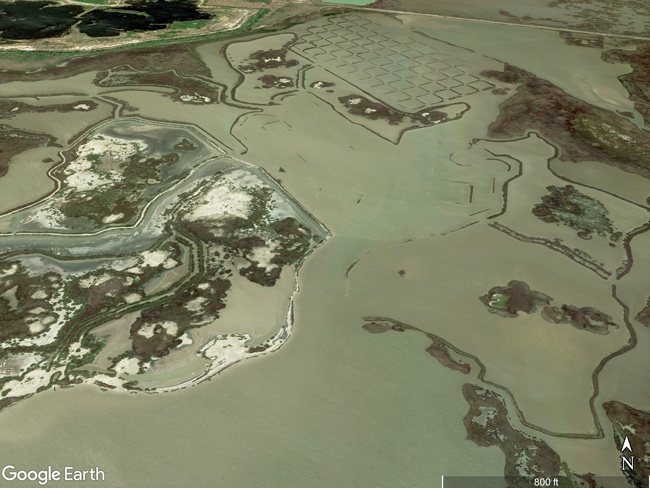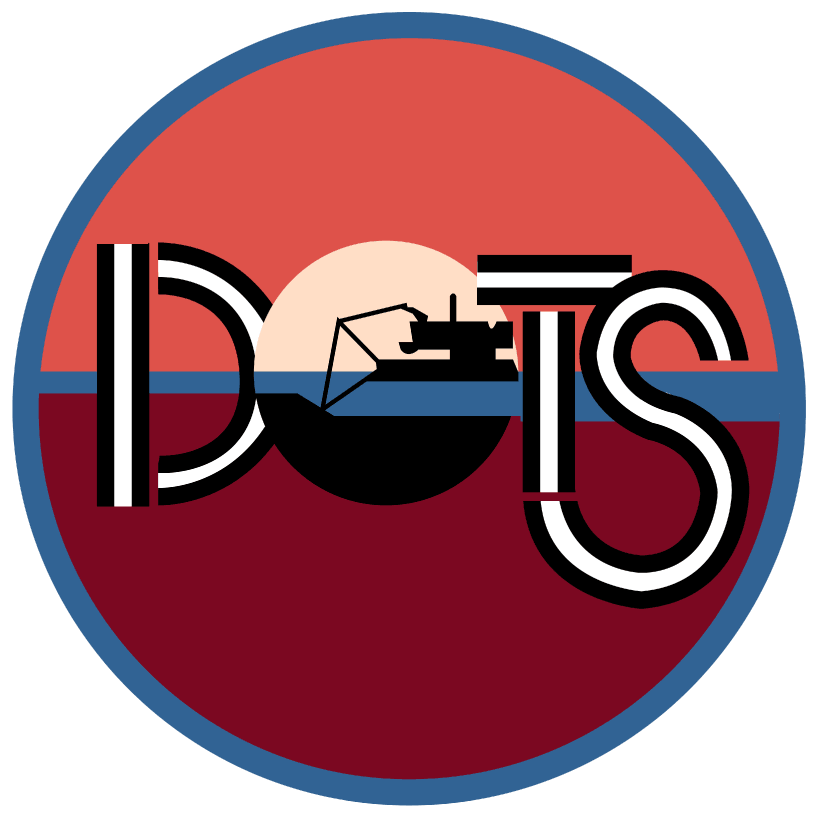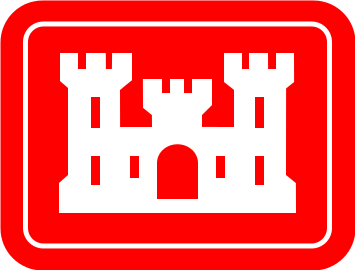Pierce Marsh Restoration

- Title: Pierce Marsh Restoration
- State: Texas
- Project type: Texas Commission on Environmental Quality (TCEQ)
- Greater Beneficial Use Area: Galveston Bay
- Focus Area approximate center coordinates: 29.3171, -94.9635
- Nearest Federal Navigation Project: Gulf Intracoastal Waterway
- Owner: Galveston Bay Foundation
- Beneficial Use Categories: Wetland Habitats, Aquatic Habitats
- Dredge type: Mechanical
- Status: Completed
- Keywords: subsidence, Gulf Intracoastal Waterway, Galveston Bay
Description:
Pierce Marsh, located on the north shore of West Galveston Bay, Texas, spans over 2,300 acres, with around 1,300 acres preserved by both the Nature Conservancy and Galveston Bay Foundation. The marsh supports a diverse assemblage of bird and fish species and important commercial and recreational fisheries. However, by the 1990s, subsidence and hazardous waste pollution, notably from the nearby Malone Service Company (MSC) (designated a Superfund site in 2001), had severely degraded the marsh.
Recognizing the urgent need for restoration, multiple agencies and non-profits, including Texas Commission on Environmental Quality (TCEQ), Texas Parks and Wildlife Department, U.S. Fish and Wildlife Service, National Oceanic and Atmospheric Administration, and Ducks Unlimited, prioritized the marsh’s restoration. In 2015, the TCEQ and Galveston Bay Foundation initiated a project to restore 80 acres of Pierce Marsh using settlement funds from the MSC for natural resources damages. This project involved using dredged sediment from the Gulf Intracoastal Waterway (GIWW) to elevate the marsh by one meter, enabling the restoration of native vegetation and wetland communities.
By early 2016, the USACE Galveston District, during its routine maintenance dredging of the Texas GIWW, had beneficially used over 197,000 cubic yards of dredged sediment, enhancing the marsh and protecting it with additional containment berms to mitigate wave action and erosion. Following the construction, seeding and transplanting efforts, particularly with cordgrass (Sporobolus alterniflorus), facilitated the return of wildlife and improved habitat stability and water filtration. Between 2016 and 2018, further planting efforts led to a nearly completely coverage of the restored area with smooth cordgrass by 2019.
The success at Pierce Marsh provides a framework for future beneficial use projects aimed at restoring valuable intertidal marsh ecosystems and highlights the synergisms that can be utilized through the collaborative efforts.
Further readings:
- National Oceanic and Atmospheric Administration (NOAA). (2016). Creative Solutions Save Money and Marsh Along Galveston Bay, Texas. NOAA, Office of Response and Restoration. May 4.
- State of Texas. (2017). State of Texas Beneficial Use of Dredged Material Project Design Fund Phase I. July 26.
- TCEQ. (2019). Waste Program Successes: The Pierce Marsh Restoration Project.
Presentations:
- Stokes B. (2020). Beneficial Use of Dredge Material for Restoration of Pierce Marsh. Galveston Bay Foundation.
Website links:
- Galveston Bay Foundation. (2024). Habitat Restoration: Restoring The Bay’s Natural Resources.
- NOAA. (2023). Gulf Spill Restoration Projects - Texas.
News releases:
- USACE Galveston District. (2015). USACE Galveston District Awards $6.1 Million GIWW Dredging Contract. November 11.

